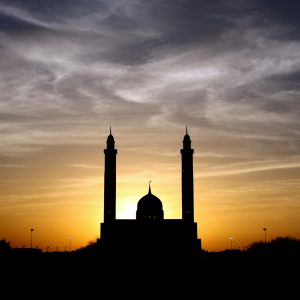Thousands flee feuding Taliban in Afghanistan’s north
Duzdanchisma, Afghanistan – (AFP):
When fighting erupted between Taliban forces and a breakaway group led by one of their former commanders in northern Afghanistan last month, many fled to the mountains.
For days they walked across the rocky terrain, unsure what lay ahead or when they might return to their home Sar-e Pol province’s Balkhab district, where the clashes erupted.
“We didn’t want to get trapped… we all might have been killed,” said Zahra, 35, asking to use a pseudonym for security reasons.
Zahra’s family is among thousands that fled conflict between the Taliban and fighters loyal to Mahdi Mujahid, the group’s former intelligence chief for Bamiyan.
Ethnicity, religious sectarianism, and a battle for a lump of Balkhab’s lucrative coal resources are at the heart of the fighting.
“All these factors are working together in driving the conflict,” Australia-based political analyst Nematullah Bizhan said.
Mujahid, belonging to the ethnic Hazara minority, joined the Taliban in 2019, and was appointed to his post soon after the Taliban- who are dominated by the Pashtun majority- seized power in August last year.
Afghanistan’s Hazara community has faced persecution for decades. There are also some accusations of abuse against the Hazaras by the Taliban, when they first ruled from 1996 to 2001. However, during the Taliban’s current government, several Hazaras have been included in governance and administration.
Hazaras have also been the target of attacks by the Islamic State group.
Although Mujahid’s appointment was initially seen as evidence of the Taliban being inclusive to non-Pashtuns, yet Mujahid soon fell out with the leadership.
It is believed that Mujahid split with the Taliban leadership when Kabul sought greater control over the coal business.
However, the Taliban have officially denied these claims.
‘History of resistance’
Balkhab is home to several coal mines and demand has soared in recent months with Pakistan — in the grip of an energy crisis partly caused by rising oil prices — stepping up imports to fuel power plants.
Local Taliban commanders were known to “tax” trucks on their way to Pakistan — as officials in the previous government did before them — but when Mujahid resisted Kabul’s efforts to rein in the practice, they sacked him.
While the June fighting lasted only a few days, the United Nations says it displaced at least 27,000 people — almost all of them Hazara.
The result is a humanitarian crisis that aid agencies are now struggling to deal with.








